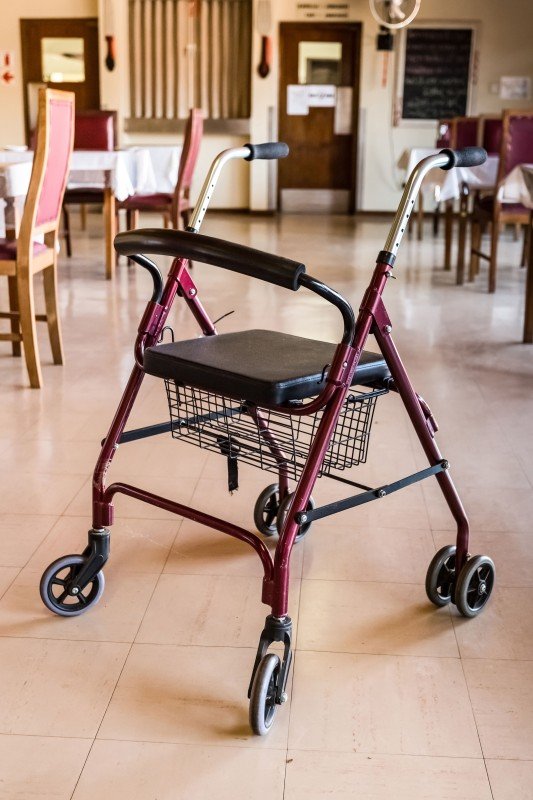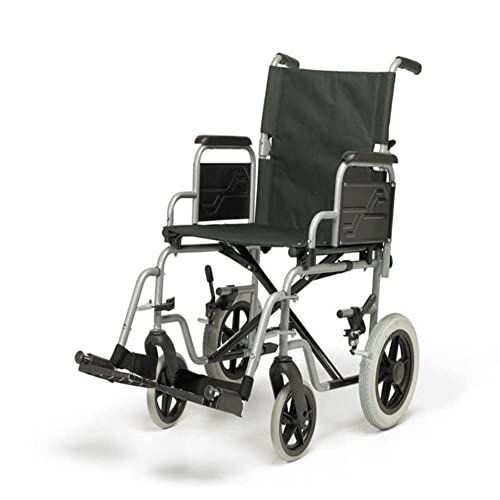
Disabled Scooters Near Me
Add a review FollowOverview
-
Founded Date Marzo 4, 1999
-
Sectors Restaurant Food Services
-
Posted Jobs 0
-
Viewed 74
Company Description
7 Tips About Mobility Scooter UK That Nobody Will Tell You
Mobility Scooters in the UK: A Comprehensive Guide
In the United Kingdom, mobility scooters are becoming an increasingly popular ways of transportation for people with mobility issues, providing them with the flexibility to navigate their neighborhoods individually. These motorized lorries are designed to help those who have difficulty walking or utilizing a manual wheelchair, offering a useful and comfy option for everyday travel. This post explores the world of mobility scooters in the UK, exploring their advantages, legal requirements, and how to choose the ideal one.

Introduction to Mobility Scooters
A mobility scooter is a battery-powered automobile that normally has 3 or four wheels, a seat for the motorist, and handlebars for guiding. They are designed to be easy to use and preserve, making them ideal for older adults and individuals with specials needs who want to preserve their self-reliance. Mobility scooters come in various sizes and models, each dealing with different needs and preferences.
Benefits of Mobility Scooters
- Increased Independence: Mobility scooters enable users to travel longer ranges without the physical pressure connected with strolling or utilizing a manual wheelchair. This independence can considerably improve their quality of life.
- Affordable: Compared to other motorized vehicles, mobility scooters are fairly budget friendly. They likewise need very little maintenance, which can conserve users a lot of cash in the long run.
- Reduce of Use: Most mobility scooters are created to be user-friendly, with user-friendly controls and comfortable seating. They are frequently light-weight and can be easily taken apart for transportation.
- Enhanced Social Interaction: By making it possible for users to venture out more regularly, mobility scooters can help in reducing sensations of seclusion and isolation, promoting social connections and neighborhood participation.
- Improved Safety: Mobility scooters are geared up with features such as headlights, brake lights, and horns, making them much safer for usage on roads and in public areas.
Types of Mobility Scooters
When selecting a mobility scooter, it’s important to consider the type that best matches your needs. Here are the primary types readily available in the UK:
-
Class 2 Mobility Scooters:
- Speed: Limited to 4 mph (6.4 km/h)
- Usage: Suitable for pavements and pedestrian areas
- Features: Compact and lightweight, collapsible for simple transportation
-
Class 3 Mobility Scooters:
- Speed: Can rise to 8 miles per hour (12.9 km/h)
- Usage: Suitable for both pavements and roadways, offered they are registered and insured
- Functions: Sturdier develop, typically with advanced functions like suspension and larger batteries
-
Strong Mobility Scooters:
- Capacity: Designed to support users weighing as much as 400 pounds (181 kg)
- Usage: Ideal for those who require a robust and durable scooter
- Features: Reinforced frame, broader seat, and improved stability
-
Off-Road Mobility Scooters:
- Terrain: Built to handle rough and unequal surfaces
- Use: Suitable for users who take pleasure in outside activities like hiking or fishing
- Functions: All-terrain tires, high ground clearance, and powerful motors
Legal Requirements for Mobility Scooters in the UK
Using a mobility scooter in the UK comes with particular legal obligations. Here are the bottom lines to consider:
- Registration and Insurance:
- Class 2 Scooters: No registration or insurance needed
- Class 3 Scooters: Must be registered with the DVLA, insured, and show a valid MOT certificate if utilized on roads
- Chauffeur Requirements:
- Age: Users need to be at least 14 years of ages
- Health: No specific health conditions are required, however users ought to be able to manage the scooter safely
- Speed Limits:
- Class 2 Scooters: 4 mph (6.4 km/h) on pavements
- Class 3 Scooters: 8 miles per hour (12.9 km/h) on roads, 4 mph on pavements
- Security Equipment:
- Lights: All scooters used on roadways must have front and rear lights, signs, and a horn
- Reflectors: Required for use on roads, particularly throughout low presence conditions
- Tax and Parking:
- Tax: Class 3 scooters are exempt from lorry tax
- Parking: Users can park in designated disabled parking areas with a legitimate Blue Badge
How to Choose the Right Mobility Scooter
Selecting the best mobility scooter includes considering numerous factors:
-
Mobility Needs:
- Range: How far do you need to take a trip?
- Terrain: Will you be utilizing the scooter on pavements, roads, or off-road?
- Weight Capacity: What is the optimum weight the scooter requires to support?
-
Budget plan:
- Initial Cost: Mobility scooters can vary from a few hundred to numerous thousand pounds
- Ongoing Costs: Consider the expense of batteries, maintenance, and insurance coverage
-
Features:
- Comfort: Look for a scooter with a comfy seat and adjustable controls
- Storage: Some scooters provide additional storage for shopping bags or individual items
- Mobility: If you need to transport the scooter, choose a design that is light-weight and foldable
-
Credibility and Support:
- Brand: Research trustworthy brand names known for their quality and dependability
- Warranty: Check the service warranty period and what is the Best mobility Scooter to buy uk it covers
- Client Support: Ensure the manufacturer or seller provides excellent customer support and service
Frequently Asked Questions About Mobility Scooters in the UK
-
Do I need a license to drive a mobility scooter?
- No, you do not need a driving license to operate a mobility scooter in the UK. However, Class 3 scooters should be signed up with the DVLA and guaranteed if utilized on roadways.
-
Can I utilize a mobility scooter on the pavement?
- Yes, both Class 2 and Class 3 scooters are allowed on pavements, however Class 3 scooters are restricted to 4 mph.
-
Exist any restrictions on where I can utilize a mobility scooter?
- Class 2 scooters are restricted to pavements and pedestrian locations. Class 3 scooters can be used on roads, however they should fulfill particular legal requirements.
-
How do I preserve my mobility scooter?
- Routine maintenance consists of inspecting battery levels, tire pressure, and brake functionality. It’s likewise essential to clean the scooter routinely and store it in a dry location.
-
Can I get a mobility scooter through the NHS?
- The NHS provides mobility scooters through the Disabled Living Allowance (DLA) or Personal Independence Payment (PIP). You can likewise buy or lease a scooter from a personal retailer.
-
Is a mobility scooter tax-deductible?
- In some cases, the cost of a mobility scooter can be claimed as a medical cost. Consult a monetary consultant for particular assistance.
Tips for Using a Mobility Scooter Safely
- Use Appropriate Clothing:
- Wear comfortable and weather-appropriate clothing. Consider using a high-visibility coat when utilizing the scooter on roads.
- Maintain the Scooter:
- Regularly check the battery, tires, and brakes to make sure the scooter is in great working condition.
- Follow Traffic Rules:
- Obey traffic indications and signals, and use designated pedestrian and cycle courses when possible.
- Use Safety Equipment:
- Always utilize the headlights, brake lights, and horn, particularly throughout low exposure conditions.
- Be Mindful of Others:
- Be courteous to pedestrians and other road users. Slow down when approaching crowded locations.
Mobility scooters are a valuable tool for individuals in the UK who face mobility obstacles. They use a variety of benefits, from increased independence to improved security, making them a popular option for older adults and people with specials needs. By comprehending the different kinds of scooters, legal requirements, and how to select the ideal one, users can delight in the flexibility and convenience these vehicles provide. Whether for day-to-day errands or recreation, a mobility scooter can significantly enhance the quality of life for many individuals.
Additional Resources
- DVLA Website: For details on signing up and insuring a Class 3 mobility scooter
- Age UK: Offers suggestions and assistance for older grownups considering a mobility scooter
- Disability Rights UK: Provides assistance on accessing mobility scooters through monetary support programs
By making the effort to research and choose the best mobility scooter, users can take pleasure in greater independence and a more active way of life.



